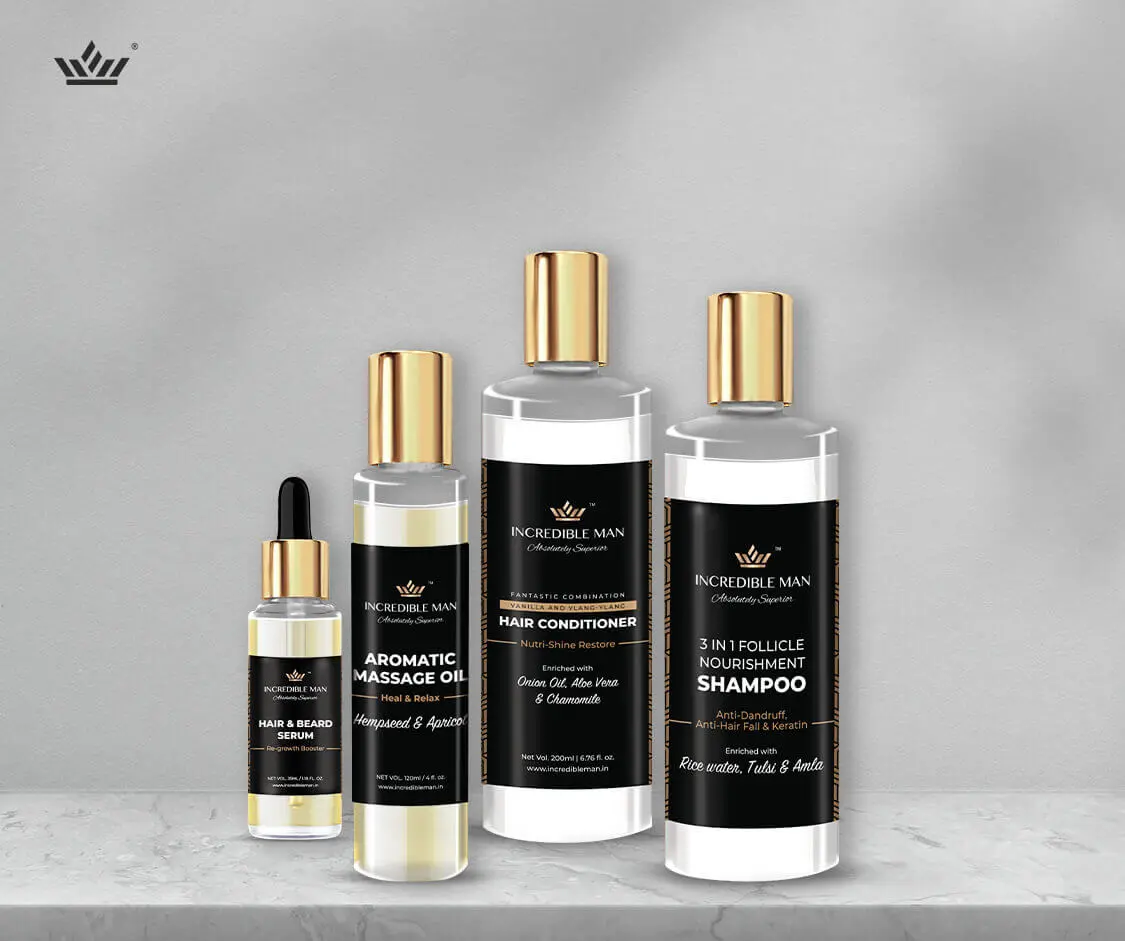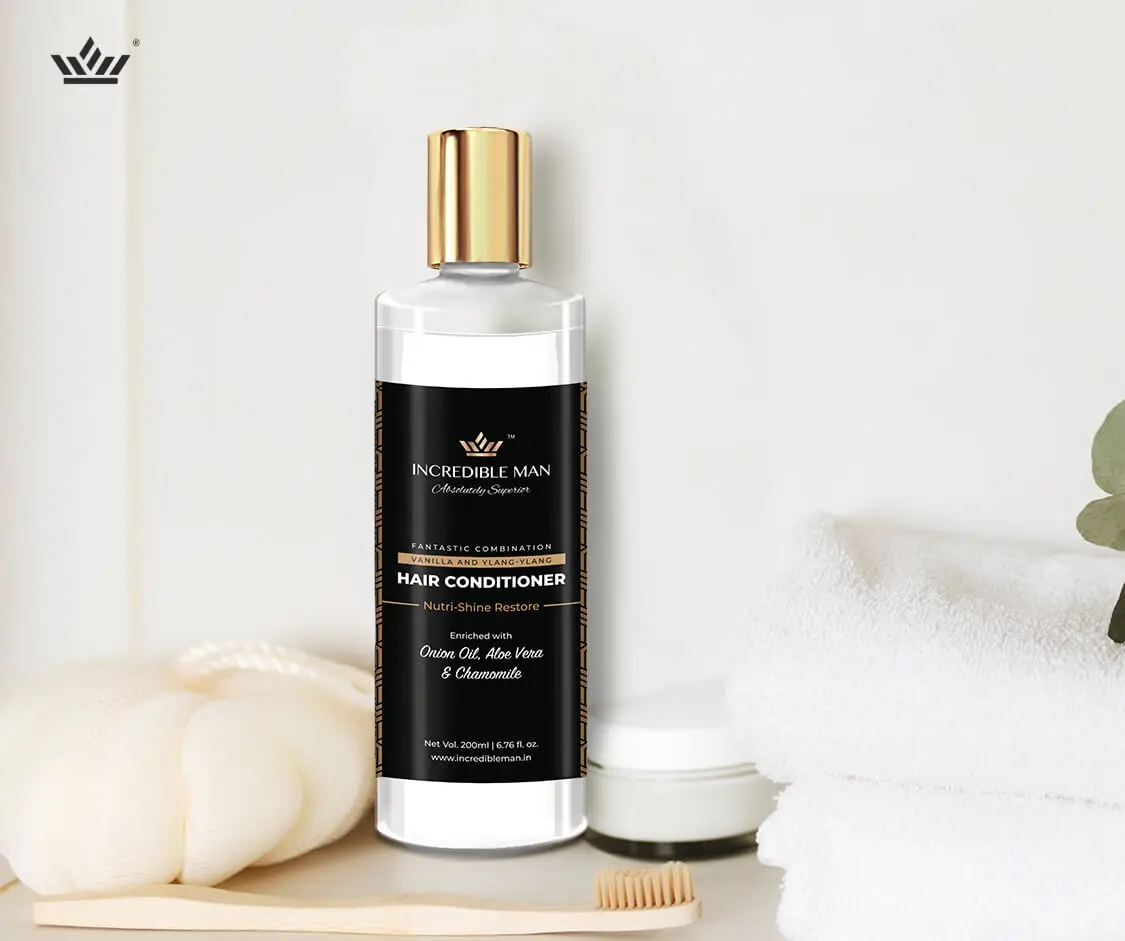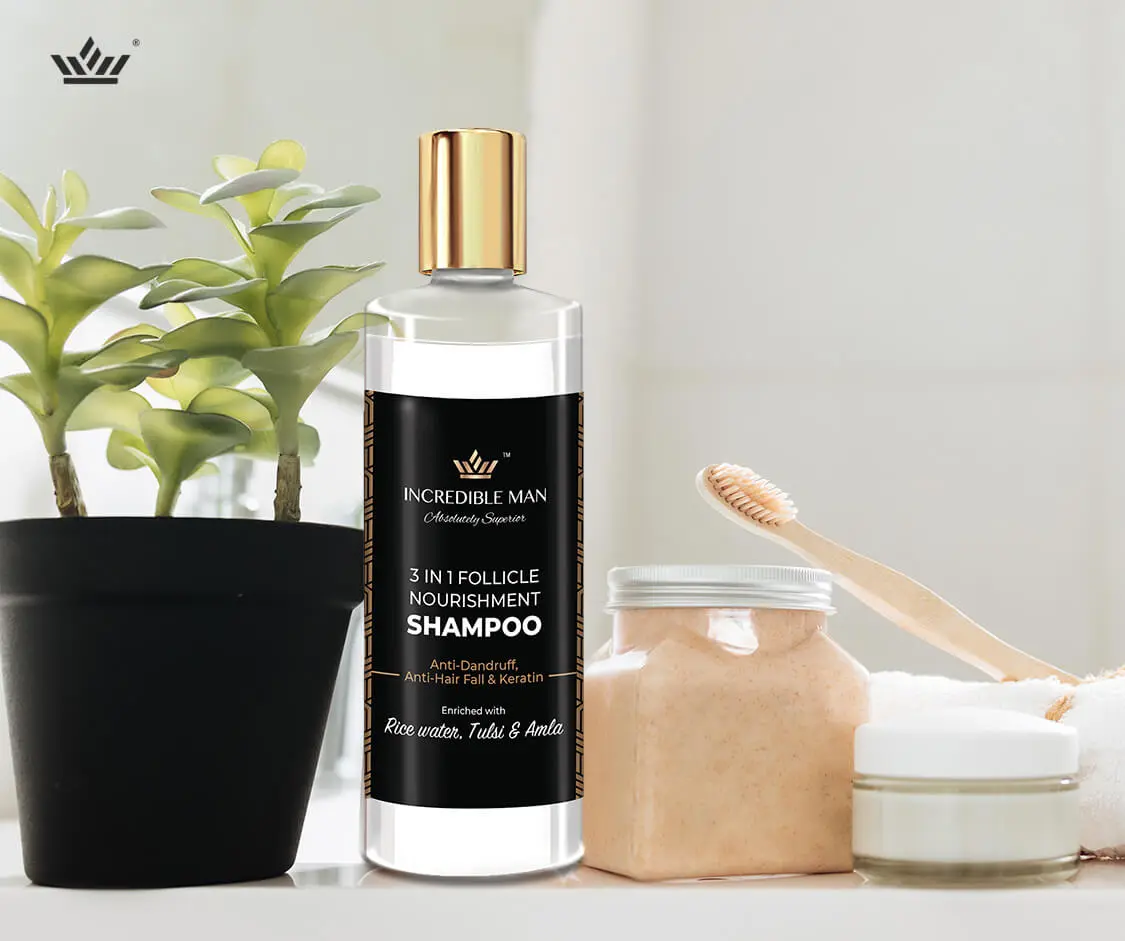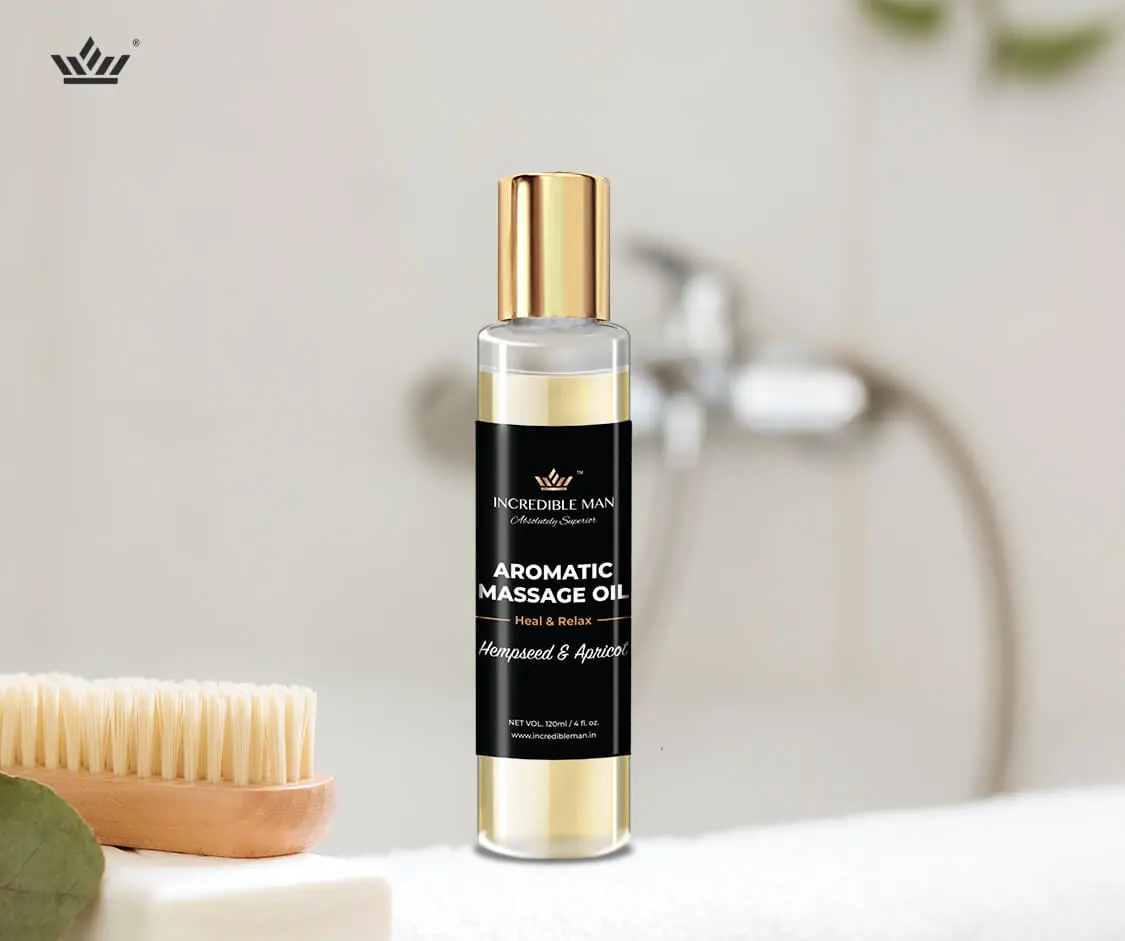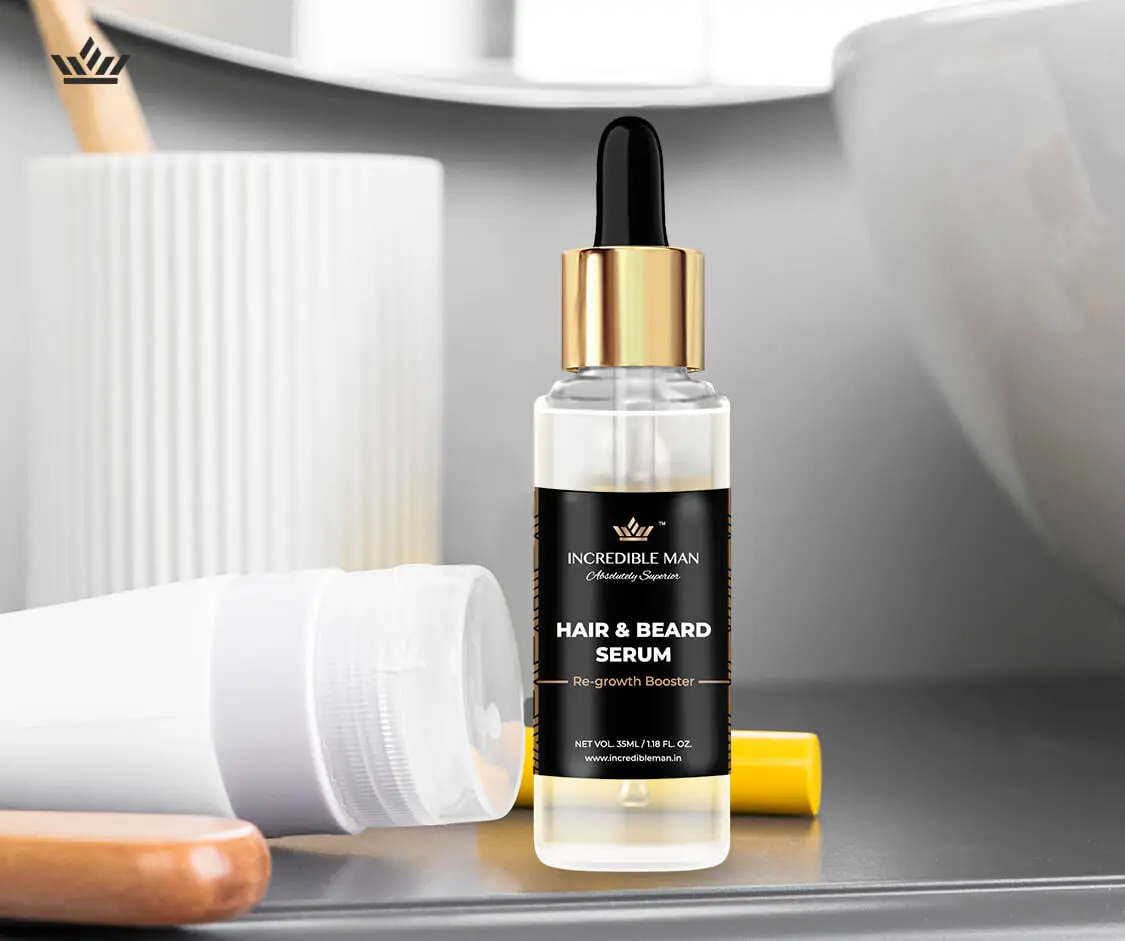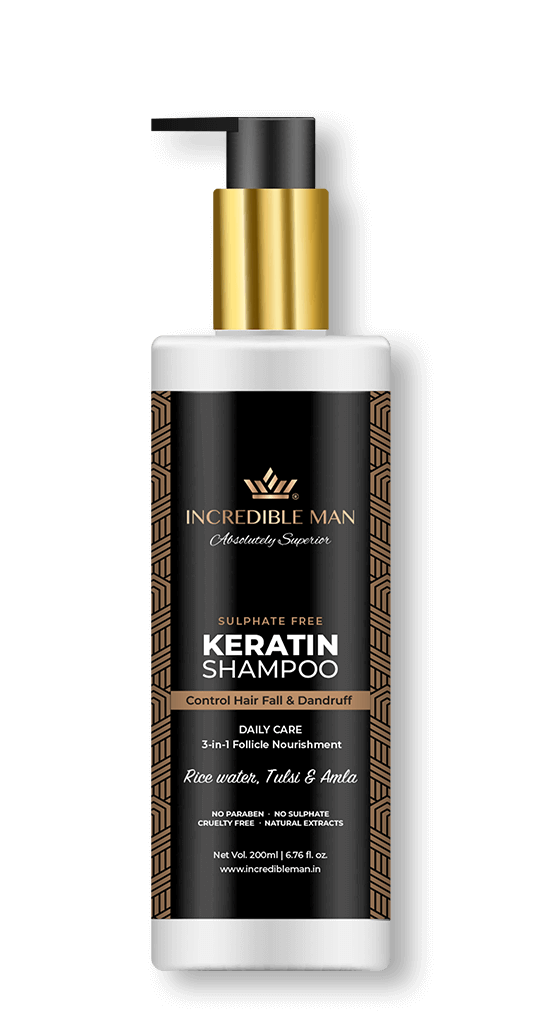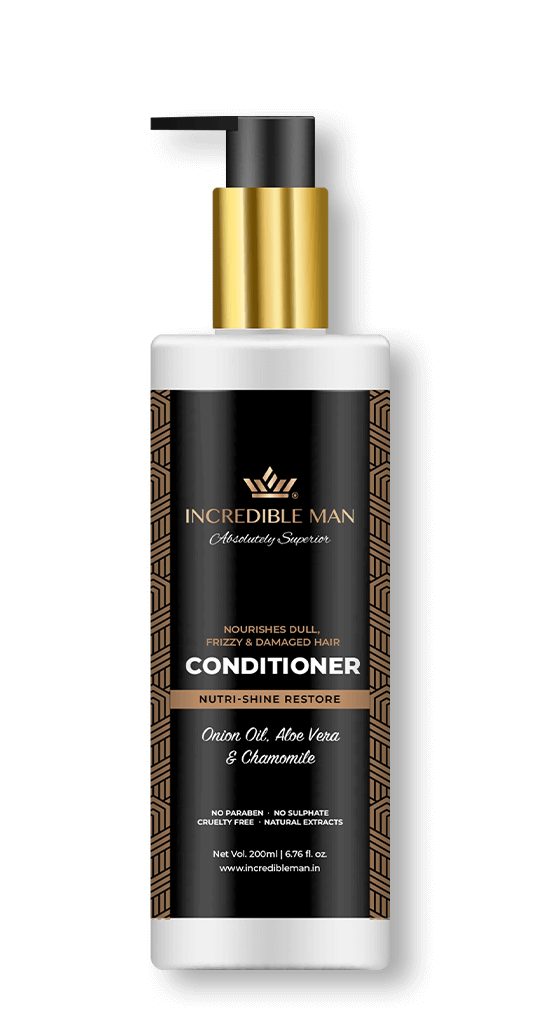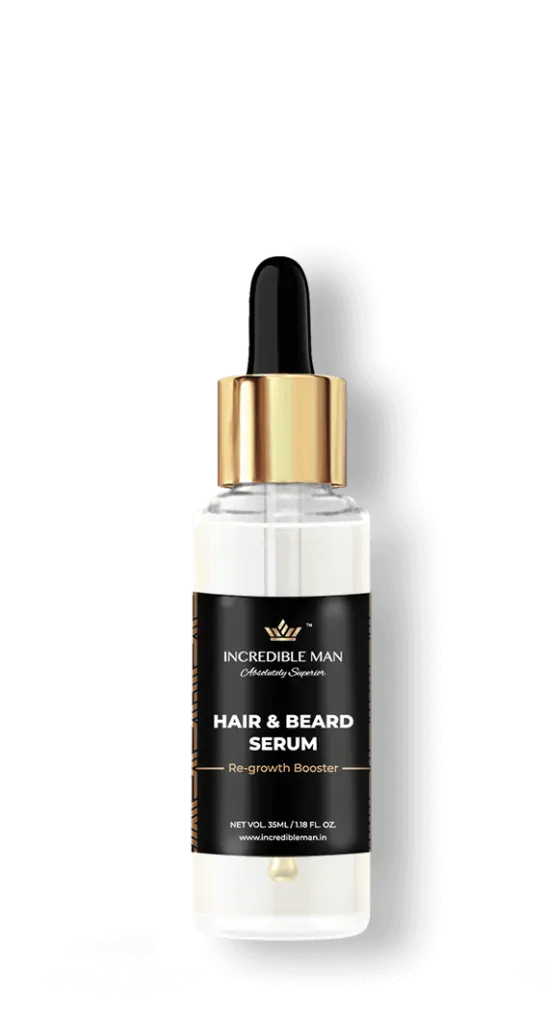Even while you like the monsoons, it might be difficult to ignore the damage they can cause to your prized locks. Numerous problems with the hair and scalp can also be brought on by the rainy season. How do you handle them then?
To keep your priceless locks gleaming and healthy throughout the monsoon, we’ve provided you with the best hair care advice ever in this post!
Why Do We Suffer Hair Loss During The Rainy Season?
It’s wet and humid throughout the monsoon season. Because of the high humidity in the air, our scalps and hair shafts become covered in dirt and grime, which causes dandruff and other serious harm. Our monsoon hair requires the most regular upkeep since it is so fragile. It is crucial to practise focused hair care during the monsoon season to preserve healthy and attractive hair stands since rainwater’s acidity may be to blame for hair loss.
How To Take Care Of Hair In Monsoon?

Even though rain may be quite bad for our hair, there are several ways to prevent the negative effects during monsoon season.
- Protect Your Hair From Rain – Rainwater is frequently corrosive or filthy, which can damage your hair. To shield your hair from the damaging effects of the rain, put on a waterproof sweatshirt or scarf. If you are unable to prevent your hair from coming into touch with rainfall, wash it as soon as you get home.
- Establish A Proper Hair Wash Routine Schedule – To get rid of the buildup on your hair and scalp, wash your hair at least two or three times every week. To stop the growth of bacteria in your hair roots, use an antibiotic or antifungal shampoo.To preserve your hair and stop frizz and dullness, it is advisable to apply a leave-in conditioner. Before shampooing your head, you might also give yourself a hot oil massage. Your hair will get stronger as a result of improved blood flow to the scalp.4 Steps hair care for the Monsoon seasonal hair-related issues. Use this Monsoon Hair Care Combo Treats Fizziness, breakage, dandruff, scalp infections & hair fall.
- Maintain Dry Hair – You should take additional precautions to keep your hair dry at this time because the amount of humidity is already significant during the rainy season. Your hair may get thick and limp from too much moisture. After washing your hair, dry it with a fresh, soft towel. The roots of your hair will be harmed if you tie your hair up when it is damp.
- Use The Proper Comb – When combing your hair, especially when it is damp, it is preferable to use a wide-toothed comb.When wet, the hair is brittle at the roots and prone to breaking. Your hair will be easier to untangle and less likely to fall out if you gently comb it with a wide-toothed comb.
- Keep Your Hair Short – If you suffer from significant hair loss during the monsoon, it is advised to keep your hair short. Pulling causes long hair to fall out more frequently. It will help your hair grow better if you trim the ends of your hair to eliminate any split or damaged hair.
- Maintain A Proper Diet – The health of your hair is significantly influenced by your diet. To add shine and lustre to your hair and encourage its development, be sure to consume a healthy diet that contains green vegetables, dairy products, eggs, walnuts, and other nuts and seeds. To keep your body hydrated, drink enough water.
- Oiling On A Routine Basis – Oiling your hair is similar to eating food for nourishment. Oils having anti-inflammatory, anti-fungal, and anti-microbial properties, such as coconut oil or onion oil, help fight fungus or irritation brought on by too much moisture on the scalp.
- Don’t Forget To Conditioner – Despite using the best shampoo available to wash our hair, we usually neglect or forget to condition it. If you want healthy, long, and attractive hair, this is the most important stage and shouldn’t be skipped. While monsoons are humid and damp, constant exposure to rain and shampooing your hair can cause dry strands that need to have moisture added. Our hair becomes shiny and healthy when a conditioner is used because it adds the right amount of moisture. Use a Shampoo for Hair breakagethat not only cleanses your scalp but also hydrates your hair with a blend of nutrition. Incredible Man Hair Shampoo includes Rice water, Amla, Tulsi, and Peppermint that will strengthen your hair follicles and prevent hair breakage.
- Use Coconut Oil – Applying coconut oil 15-20 minutes before shampoo since it functions as a natural conditioner is another monsoon hair care tip. Reduces the quantity of water your hair soaks up when being washed and aids in making your hair oily. It also treats a variety of scalp issues. During the monsoon, be careful not to give yourself a rough oil massage and to avoid letting the oil sit on your head for too long.
- Water-resistant hair – When it rains, make an investment in some high-quality waterproof coats or umbrellas. Always have these on you when you leave the house. This is the simplest method for keeping your hair dry and shielding it from the erratic rain.
- Don’t Use Styling Products – Right now, it’s not a good idea to over-style your hair with gels and wax. The additional moisture is likely to cause more perspiration and dandruff. If you can’t live without styling your hair, go for water-based solutions and sea salt hair sprays.
Monsoon Hair Care Tips For Different Hair Issues
- Oily Hair: Use a light, gel-based shampoo on a regular basis to remove extra oil and debris from your hair. To prevent your hair from being excessively greasy or sticky, use a mild conditioner or serum.
- Scalp Itching – During the monsoons, a buildup of dead skin cells, grime, and oil causes your scalp to itch. To keep your scalp and hair clean, wash your hair frequently with an antibiotic or antifungal shampoo. Utilize a hair mask for your sort of hair.
- Dandruff – Gently massage your scalp with warm organic hair oil. The deposits from the hair roots will be eliminated in this way. Wash it off with an anti-dandruff shampoo.
- Frizzy Hair – Avoid getting wet in the rain if you have frizzy hair. During the monsoons, stay away from harsh chemical treatments as well. To reduce frizz and damage during the rainy season, use a nourishing hair mask, herbal shampoo, and leave-in conditioner.
Quick Tip:
Both antibacterial and antioxidant chemicals are abundant in this mask. It will aid in the battle against germs and assist to stop dandruff, itching, and scalp irritation. Crush fresh neem leaves and turmeric root, then combine the mixture to create a homogeneous paste. Apply this mixture to your scalp and gently massage for 20 to 30 minutes. Apply a conditioner after washing with a soft shampoo.
Due to climatic changes and excessive humidity, we typically suffer more hair loss during the rainy season. The monsoon season’s humidity makes your scalp greasy whether you have thin or thick hair. During the monsoon, this humidity makes you wash your hair more frequently, which results in dryness, hair loss, and dandruff.
Steer clear of frequent hair washing and shampooing. Increase your diet of seeds, nuts, herbs, and other foods that provide the hair follicles nourishment and power to prevent drying out of the scalp, along with water and oil use. To gently wash your scalp, use handmade hair masks infused with healthy herbs. Maintain a short haircut.
To stop monsoon hair fall, use a gentle shampoo, abstain from frequent hair showers, consume nutrient-dense foods (nuts, seeds, herbs), remain hydrated, select organic hair supplements, clip your hair, and reduce your stress levels.
All people can safely use hair supplements. Metal poisoning can result in long-term health problems, so avoid taking too much or utilizing these supplements excessively. Certain supplements may change thyroid, troponin, or vitamin D blood findings. Before beginning to use these supplements, speak with your doctor. Skin rashes and stomach pain are some more minor symptoms.



